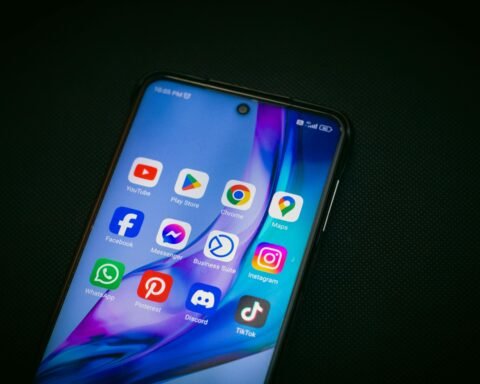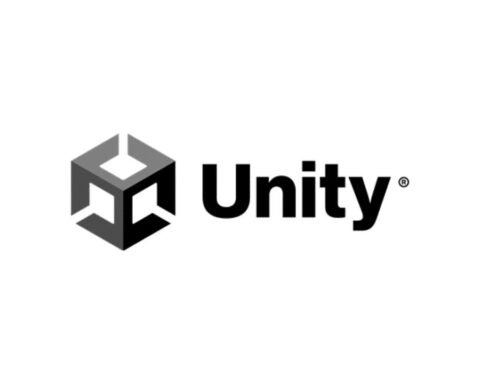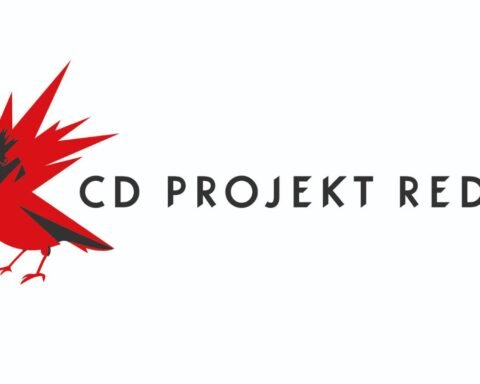Indonesia may issue on Tuesday a regulation on the use of social media to sell goods in the country, President Joko Widodo said, a move intended to quell threats to offline markets in Southeast Asia’s biggest economy. Ministers have repeatedly said that e-commerce sellers using predatory pricing on social media platforms are threatening local small businesses and shops in the country, with some officials specifically citing video platform TikTok.
The new rules would require companies that offer digital services to Indonesia to register as a “private scope electronic systems operator” and agree to provide the government with user data and content access. The government could also block or ban services if they refuse to comply with requests to remove material that is deemed harmful.
A draft version of the rule, seen by Rest of World, specifies that all private electronic system operators must have a dedicated person responsible for responding to government requests for removal or access to data. It also includes language that allows the government to impose fines on online services that fail to respond promptly to such requests.
If the proposal is approved, it would be a step up from current regulations. Ministerial Regulation 5 (MR5) and a law a year later, GR71, both of which are currently in effect, require all digital services to notify the ministry within 24 hours of receiving a request to remove or block material that is considered harmful to public morals, public order, national security or public safety. This includes any information thought to violate decency, promote gambling, insult or defame, extort, or spread false news that results in consumer losses in electronic transactions and causes hatred based on ethnicity, religion, race, or group.
The proposed new rule is part of a wave of international laws to coerce social media and other online service providers to accept local control over their content and users’ data. These include Germany’s NetzDG law, passed in 2017, and laws introduced or under consideration in Australia, Indonesia, Russia, and India.
Indonesia’s proposal differs from those in that the ministerial-level regulation does not require approval by lawmakers, while a law would. It is the latest in a string of government proposals that attempt to expand state power over cyberspace, with some governments in Latin America and the Middle East imposing draconian punishments for the failure to take down offensive information.
However, experts warn that the new rules would significantly impact the internet’s reach in Indonesia and hurt smaller tech firms with fewer resources to ensure moderation of their platforms, especially those working with Indonesian users. They note that it is hard to tell what will be considered harmful because the Indonesian government’s definition of prohibited content is vague and could cover everything from discussions around taboo issues in the U.S., such as the LGBTQIA community or West Papua, to making fun of the president.
























